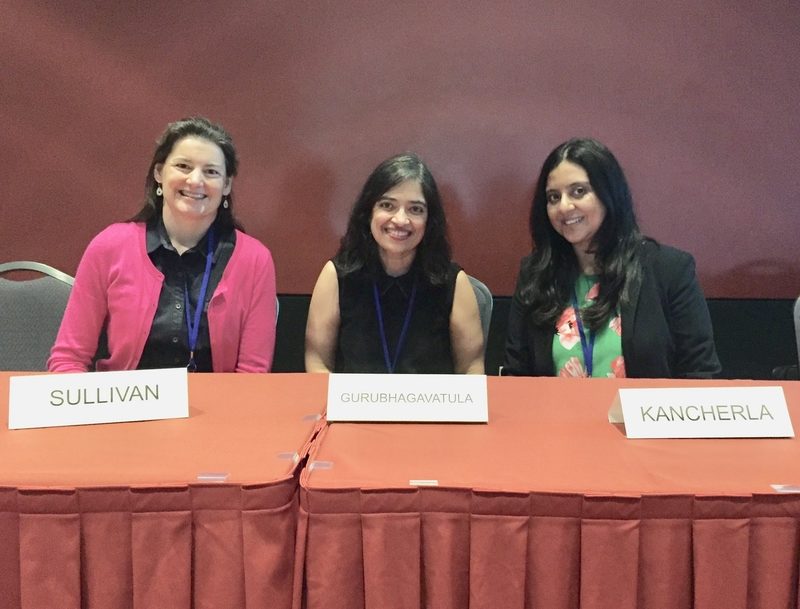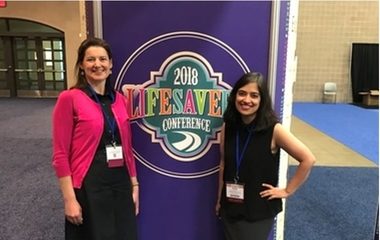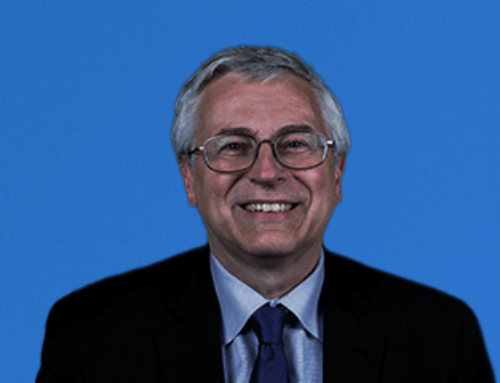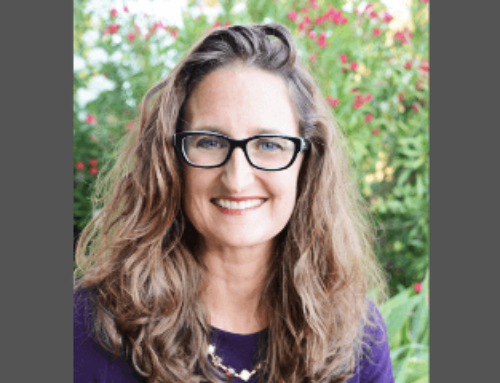While many individuals are aware of the hazards of drunken, distracted or drugged driving, the issue of drowsy driving continues to remain under-appreciated and under-addressed, particularly among certain vulnerable occupational groups, such as commercial drivers and those who work non-traditional shifts, as well as those who are driving under conditions of sleep deprivation. These are some of the topic areas addressed by members of the AASM’s Occupational Sleep Wellness Presidential Committee during the past year.
Three of the Committee’s members attended the annual Lifesavers Conference on highway safety priorities in April 2018 to disseminate education in these topics to a broader audience of interested stakeholders. The conference was held at the Henry B. Gonzalez Convention Center in San Antonio, Texas, from April 22-24.
The conference is the largest gathering of highway safety professionals in the United States and is attended by a variety of groups, including public health and safety professionals, researchers, advocates, representatives of various regulatory agencies, practitioners and students. The Lifesavers Conference offers a venue to share evidence-backed best practices, research findings, and policy initiatives.
Members of the AASM committee created a symposium and presented information on Monday, April 23, on drowsy driving and its risks, in areas including:
- An overview of sleep, sleepiness and sleep disorders, and their role in traffic accidents, presented by Dr. Indira Gurubhagavatula;
- Shift work and traffic accidents, presented by Dr. Binal Kancherla; and
- Sleep deprivation and traffic accidents, presented by Dr. Shannon Sullivan.
Afterward, an interactive panel discussion with audience members ensued. The topics were well-received and generated interest, enthusiasm and many questions among those who attended. Learn more about AASM transportation safety initiatives.
By Indira Gurubhagavatula, MD, MPH








